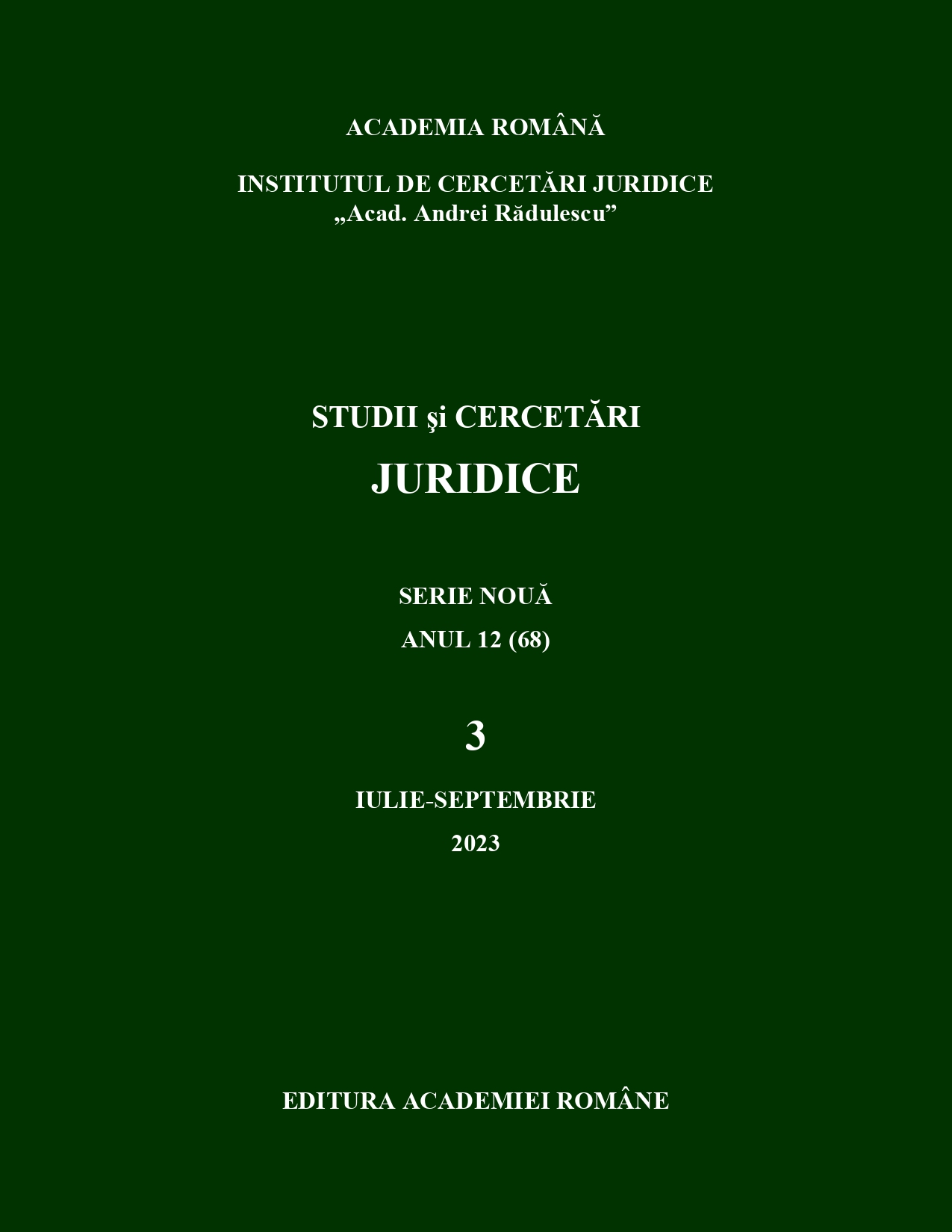Puncte de reper pe traseul redefinirii prescripției răspunderii penale în sistemul legislativ românesc (II)
Milestones on the Route of Redefining the Prescription of Criminal Liability in the Romanian Legislative System (II)
Author(s): Versavia Brutaru, Raul Alexandru NestorSubject(s): Criminal Law
Published by: Editura Academiei Române
Keywords: The right of the state to impose penalties; the prescription of criminal liability; the effects of the limitation of criminal liability; substantive law; procedural law;
Summary/Abstract: Accepting that the existence of an interval of time in which the perpetrator was aware at every moment of the risk of being detected and brought to justice, was sometimes equated to a real punishment, the period in which the perpetrator was forced to avoid the authorities, to live under the empire the fear that he will not escape liability, justifies the removal by law of the possibility of his conviction after the passage of a time interval related to the maximum duration of the punishment that the law provides for the committed act. Achieving the purpose of the criminal law requires that the criminal liability of the criminal intervene as close as possible to the moment of the crime, so that the process proceeds with speed. The passage of time leads to the dilution of the evidence, with the risk of convicting some innocent people, and the social resonance of the crime diminishes until it disappears. The prescription of criminal liability appears as a legal institution having effects both on the level of substantive criminal law, failure to meet the deadline being a condition to be punishable, and on the level of criminal procedural law, being a condition of procedure, the fulfillment of the limitation period preventing the exercise of criminal action. If a national regulation, specific to another legal system, considers that the prescription of criminal liability belongs to procedural law, not to substantive law, it will be possible to modify that rule in order to extend the limitation period in respect of crimes for which it has not already been fulfilled this term at the time of modification. In an attempt to emphasize the differences between a criminal procedural legislative regulation and a regulation specific to the substantive law, we considered it necessary to make a short foray into the modern criminal legislation of Romania in order to highlight the contextual orientation of the national legislator in this field of regulation. It becomes extremely important for any internal legislative process, an approach to the regulation of the prescription of criminal liability in the legal order of other states, the experience of these states being able to be considered and capitalized by the national legislator, respecting the constitutional requirements. An essential purpose of this endeavor is to provide a perspective on how to regulate the prescription of criminal liability in other legal systems.
Journal: Studii și Cercetări Juridice – Serie Nouă
- Issue Year: 2023
- Issue No: 3
- Page Range: 17-47
- Page Count: 31
- Language: Romanian

